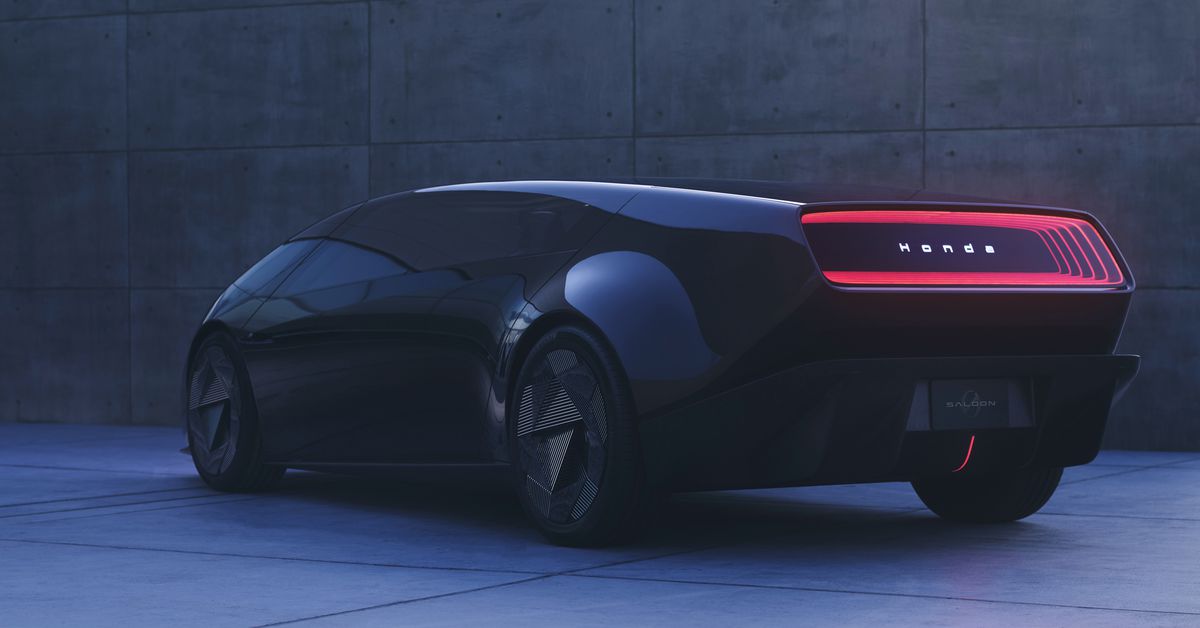/cdn.vox-cdn.com/uploads/chorus_asset/file/25212017/c_ASALOON.png)
Honda set up a demonstration facility in Japan to show off its plans to mass-produce solid-state batteries at lower costs, which could be crucial to unlocking higher-range, longer-lasting electric vehicles for the future.
Solid-state batteries have been elusive for many companies due to the complexity of scaling up production. The technology swaps out the liquid electrolytes found in current lithium-ion batteries with dry conductive materials, promising higher energy density and longer lifespans. But it will require a whole new production process to be successful.
Honda says it is accelerating research at its new 27,000 square-meter demo facility set up in Sakura City, Japan, and is shortening the time required to make a single unit. The site has full-scale equipment that is split between three buildings: the first for cathode formation and cell assembly; the second for anode formation; and the third for electrolyte activation and module assembly.
The plan includes using a continuous inline mixer that Honda says is “three times faster” than typical cell batch processing. Honda plans to make batteries on this line in January.
Honda is readying its solid-state tech for mass production in the second half of the 2020s. The company’s CEO Toshihiro Mibe has eluded that solid-state batteries will also be the key to unlocking cheaper EVs.
Services Marketplace – Listings, Bookings & Reviews
